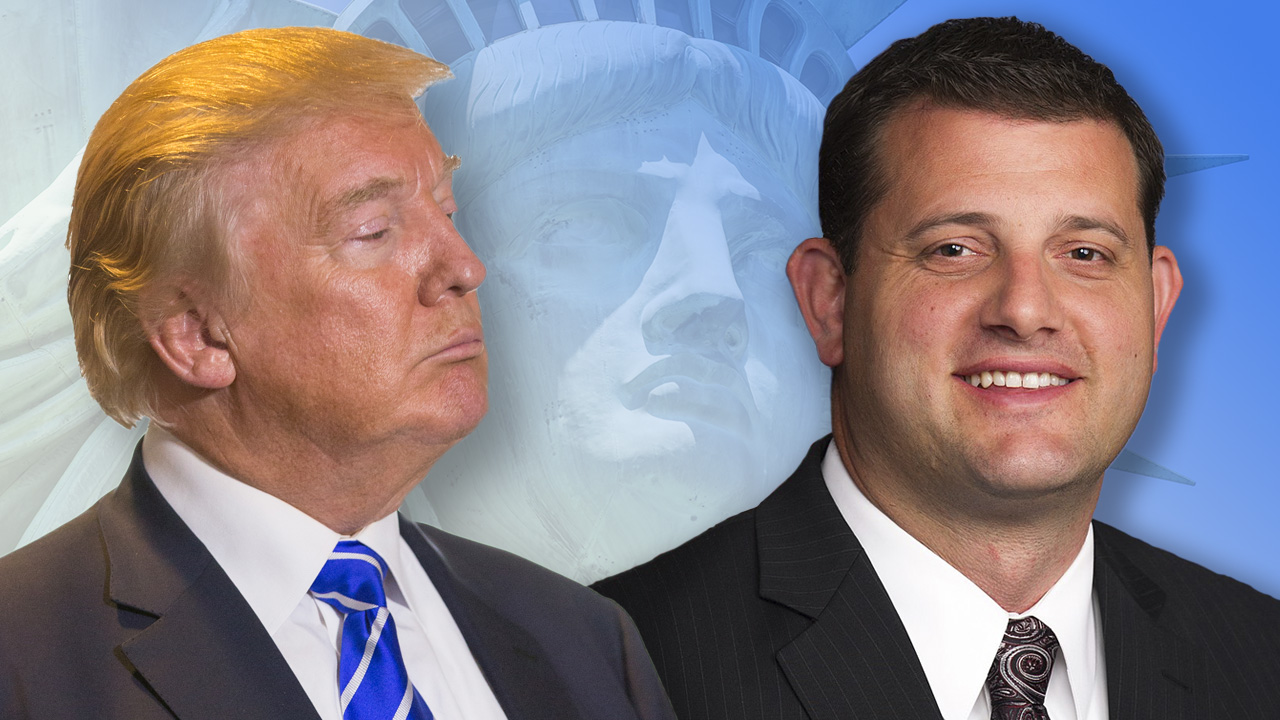Share
The dealings that have been revealed between Cambridge Analytica and Facebook have all the trappings of a Hollywood thriller: a Bond villain-style CEO, a reclusive billionaire, a naïve and conflicted whistle-blower, a hipster data scientist turned politico, an academic with seemingly questionable ethics, and of course a triumphant president and his influential family.

Opinion
Michael Wade
For example, pollsters have long used segmentation to target particular groups of voters, such as through categorizing audiences by gender, age, income, education and family size. Segments can also be created around political affiliation or purchase preferences. The data analytics machine that presidential candidate Hillary Clinton used in her 2016 campaign — named Ada after the 19th-century mathematician and early computing pioneer — used state-of-the-art segmentation techniques to target groups of eligible voters in the same way that Barack Obama had done four years previously.
Cambridge Analytica was contracted to the Trump campaign and provided an entirely new weapon for the election machine. While it also used demographic segments to identify groups of voters, as Clinton’s campaign had, Cambridge Analytica also segmented using psychographics. As definitions of class, education, employment, age and so on, demographics are informational. Psychographics are behavioral – a means to segment by personality.
This makes a lot of sense. It’s obvious that two people with the same demographic profile (for example, white, middle-aged, employed, married men) can have markedly different personalities and opinions. We also know that adapting a message to a person’s personality — whether they are open, introverted, argumentative, and so on — goes a long way to help getting that message across.
Understanding People Better
There have traditionally been two routes to ascertaining someone’s personality. You can either get to know them really well — usually over an extended time. Or you can get them to take a personality test and ask them to share it with you. Neither of these methods is realistically open to pollsters. Cambridge Analytica found a third way, with the assistance of two University of Cambridge academics.
The first, Aleksandr Kogan, sold them access to 270,000 personality tests completed by Facebook users through an online app he had created for research purposes. Providing the data to Cambridge Analytica was, it seems, against Facebook’s internal code of conduct, but only now in March 2018 has Kogan been banned by Facebook from the platform. In addition, Kogan’s data also came with a bonus: He had reportedly collected Facebook data from the test-takers’ friends — and, at an average of 200 friends per person, that added up to some 50 million people.
However, these 50 million people had not all taken personality tests. This is where the second Cambridge academic, Michal Kosinski, came in. Kosinski —who is said to believe that micro-targeting based on online data could strengthen democracy – had figured out a way to reverse engineer a personality profile from Facebook activity such as likes. Whether you choose to like pictures of sunsets, puppies or people apparently says a lot about your personality. So much, in fact, that on the basis of 300 likes, Kosinski’s model is able to predict someone’s personality profile with the same accuracy as a spouse.

Behavioral analytics and psychographic profiling are here to stay, no matter what becomes of Cambridge Analytica — which has robustly criticized what it calls “false allegations in the media.” In a way, it industrializes what good salespeople have always done, by adjusting their message and delivery to the personality of their customers. This approach to electioneering – and indeed to marketing – will be Cambridge Analytica’s ultimate legacy.

Read more:
Cambridge Analytica scandal: legitimate researchers using Facebook data could be collateral damage
Michael Wade, Professor of Innovation and Strategy, Cisco Chair in Digital Business Transformation, IMD Business School
This article was originally published on The Conversation. Read the original article.
935 People Killed in Israeli Strikes on Iran, Official Says
1 hour ago
Fresno Fire Destroys Home Under Construction, Displaces Six
2 hours ago
Apple Loses Bid to Dismiss US Smartphone Monopoly Case
2 hours ago
US Supreme Court Tosses Rulings That Favored Transgender People
3 hours ago
US Revokes Visas for Bob Vylan After Music Duo’s Glastonbury Chants
4 hours ago
Israel Acknowledges Palestinian Civilians Harmed at Gaza Aid Sites, Says ‘Lessons Learned’
4 hours ago

Suspect Identified in Ambush Shooting That Killed 2 Idaho Firefighters

S&P 500, Nasdaq Close at Record Highs, Cap Best Quarter in Over a Year

935 People Killed in Israeli Strikes on Iran, Official Says

Fresno Fire Destroys Home Under Construction, Displaces Six

Apple Loses Bid to Dismiss US Smartphone Monopoly Case













